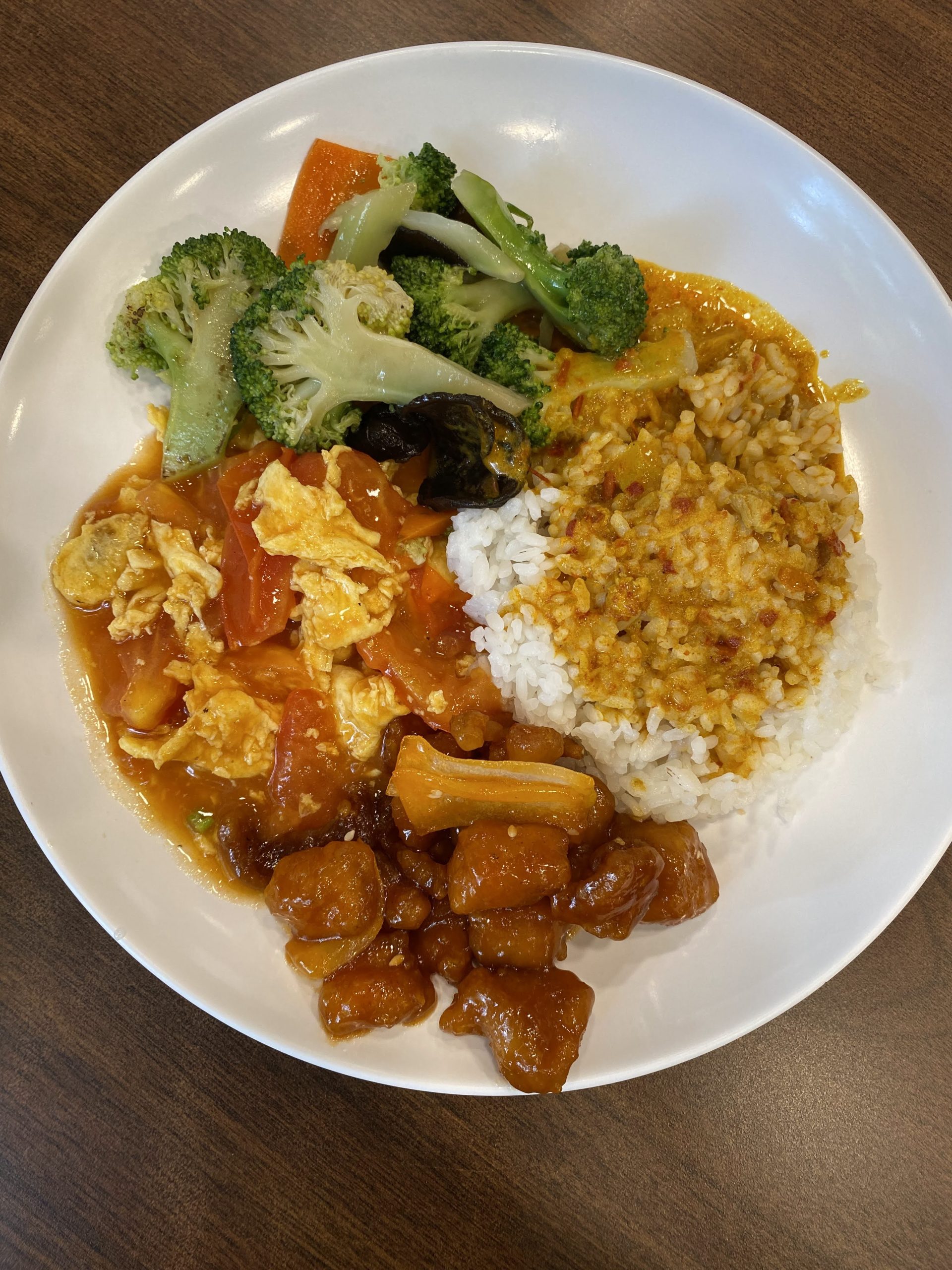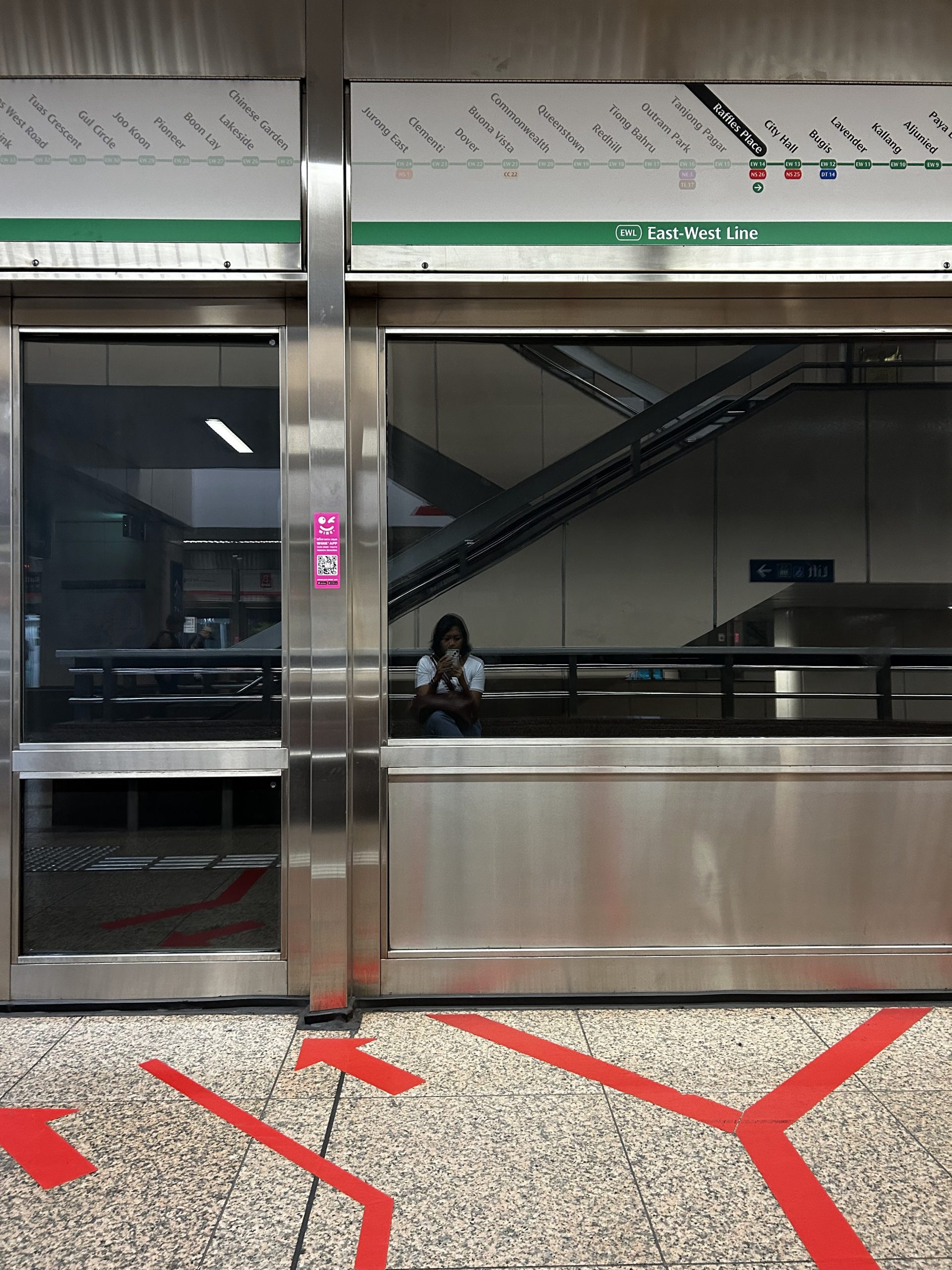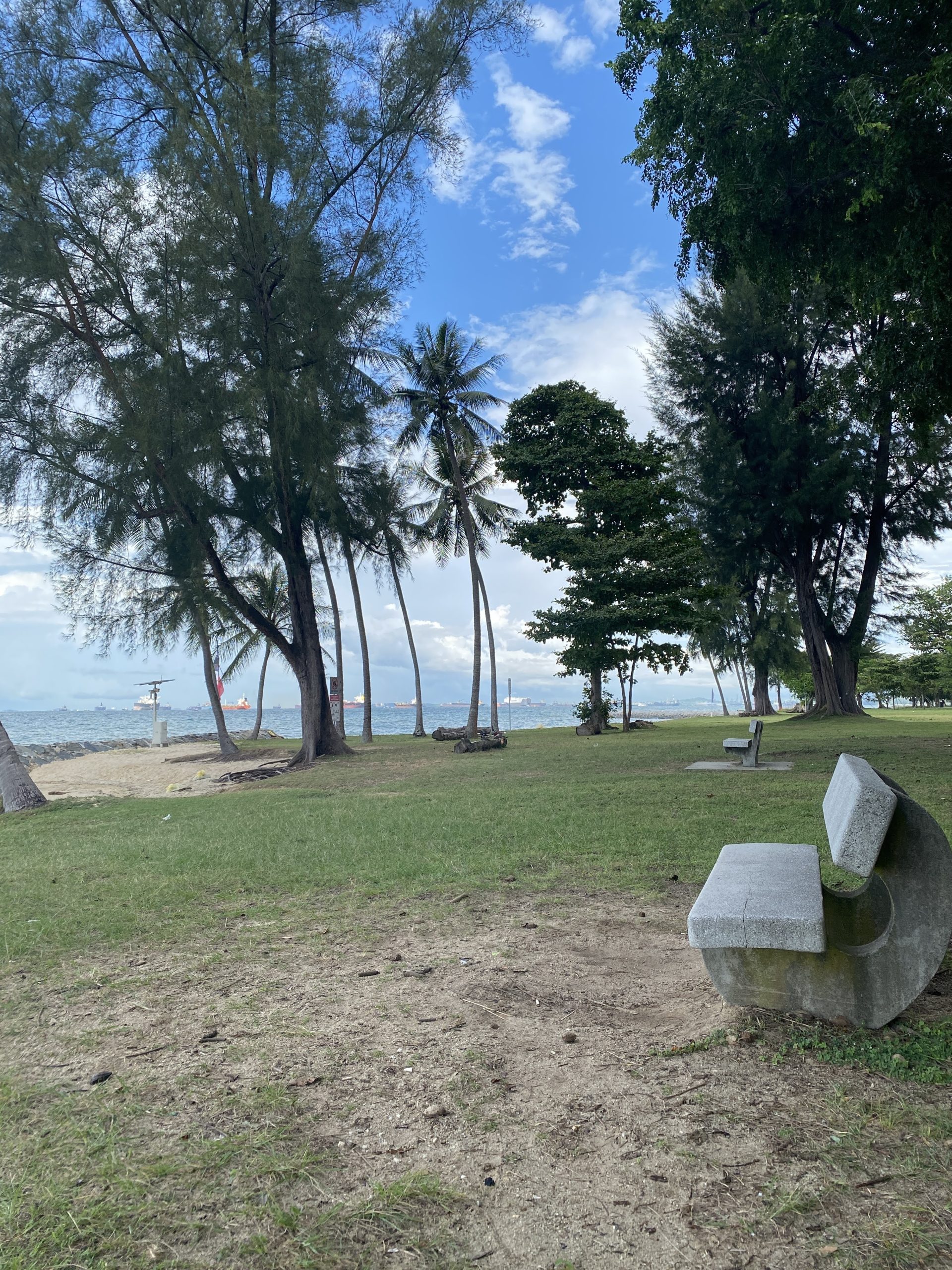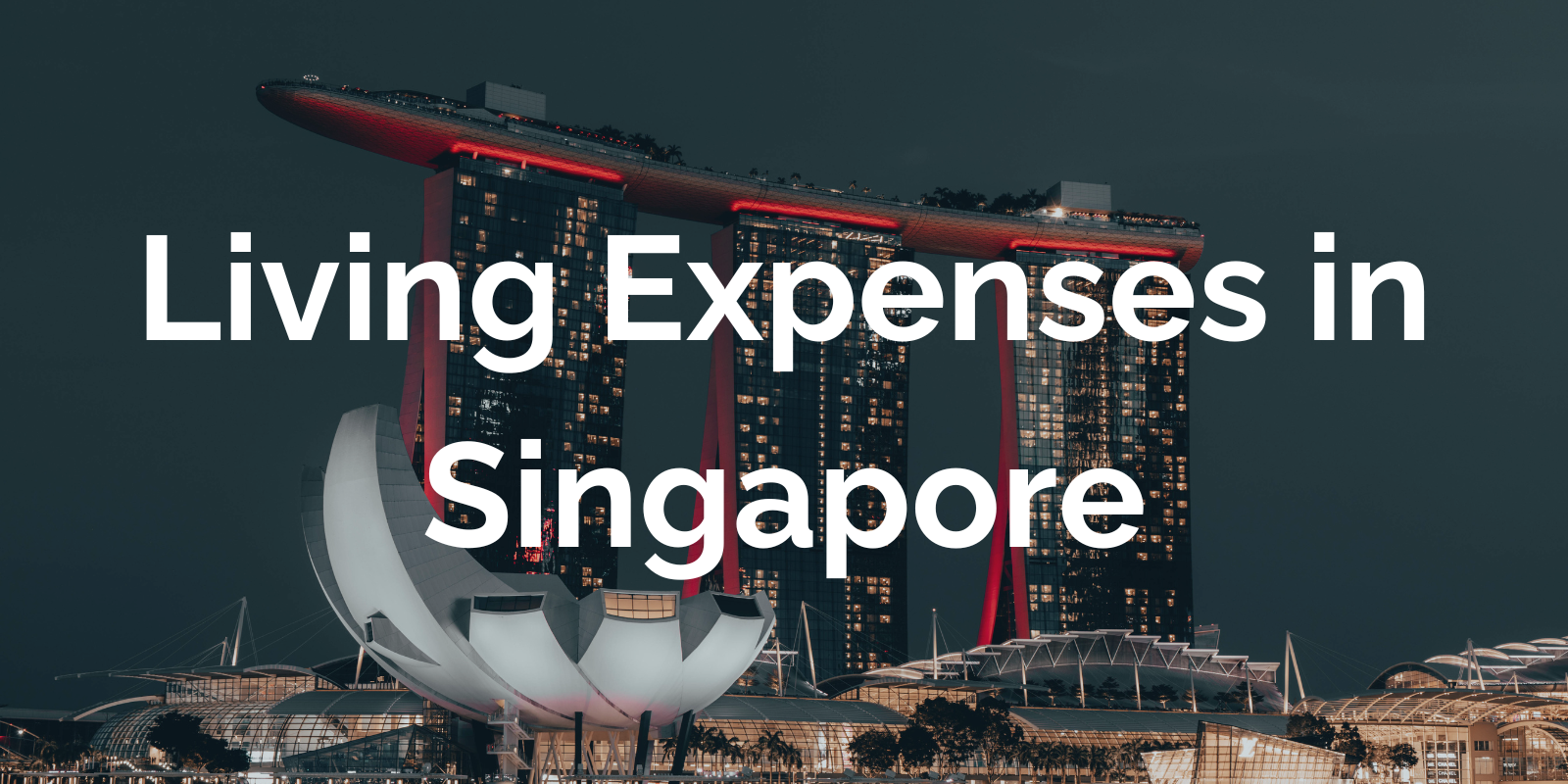2024 Singapore Cost of Living Guide for Malaysians
My brother is moving to Singapore.
Over the past months, I’ve been helping him land a job in Singapore. I didn’t do much; I simply referred him to the role. He did the heavy lifting by acing the interview and landing a good offer.
But now comes the tricky part: knowing how much to budget for your living expenses in a new country.
How much money do you need before you move to Singapore? And how much should you budget for your monthly living expenses when you arrive in Singapore? What’s the cost of living like in Singapore? Is Singapore as expensive as people say?
My brother had these questions for me, and I’m sure anybody considering a move to Singapore will have them too.
To address these questions, I’ve put together a living expenses guide tailored for Malaysians making the transition to Singapore. Drawing from my own 6-year experience living in Singapore, this guide aims to help you navigate your finances effectively in the Lion City.
First, is Singapore really that expensive?

One common concern for people thinking about moving to Singapore is the perceived high cost of living. And it doesn’t help that Singapore consistently rank high in almost any “Most Expensive Cities” list.
Based on the Numbeo Cost of Living Index, Singapore’s overall cost of living is relatively high, primarily due to housing rent.
Rental prices in Singapore can vary widely based on location and type of housing. In 2023, a common room in a Housing Development Board (HDB) flat in the Central Region could start at S$1,000 a month. For someone earning S$3,000 a month, this translates to ⅓ of their salary going to rent. Ouch.
But when you remove rent from the equation, Singapore’s cost of living is on par, if not lower, than other major cities like New York or London.
What about Malaysia? In USD terms, Malaysia has a much lower cost of living. Yet, as a Malaysian earning in Ringgit, this disparity isn’t so apparent. A person earning RM3,000 may not be able to afford the same luxuries as someone earning S$3,000 due to the weaker Ringgit. So, it’s an arguably unfair comparison.
In Singapore, Numbeo estimates that a single person would need about S$1,516.10 without rent for their monthly living expenses. If you earn S$3,000, allocating S$1,000 to rent and S$1,500 to living expenses, you’d still have about S$500 left over at the end of the month.
Yes, Singapore seems expensive. But based on my experience, it is entirely feasible to lead a decent life and save money there. It all boils down to your lifestyle choices and spending habits.
How much do I need for my monthly living expenses in Singapore?
TL;DR version: If you’re a single person moving to Singapore for work, I’ve estimated below how much you’ll likely spend each month for 3 types of budgets – frugal, mid-range, high life:
| Frugal | Mid-range | High life | |
| Basics | |||
| Rent | S$900 (common room in HDB flat outside city centre) | S$1,500 (common room in condo outside city centre) | S$3,600 (entire 2-bedroom condo in East Region) |
| Mobile data/Phone plan | S$10 (100GB sim-only plan) | S$30 (higher data plan) | S$80 (data + phone plan) |
| Internet plan | S$20 (budget plan sharing with 2 others) | S$30 (sharing with 2 others) | S$90 (high-speed wifi with streaming service) |
| Utilities | S$0 (included in rent) | S$60 (sharing with 2 others) | S$160 (alone, average consumption) |
| Food (Hawker + Groceries) | S$200 | S$200 | >S$200 |
| Public transport | S$100 | S$150 | S$150 |
| Home maintenance (cleaning, quarterly air-cond servicing) | S$0 (included in rent) | S$10 (aircond maintenance sharing with 2 others) | S$120 (aircond maintenance + cleaning service) |
| Personal care (Body care, Hair care) | S$20 (toiletries) | S$100 (toiletries, makeup) | >S$300 (toiletries, makeup, facials, manicure etc) |
| Extras | |||
| Dining out/Cafe | S$100 | S$250 | >S$250 |
| Food delivery | S$100 | S$250 | >S$250 |
| Gym | S$0 | S$60 (ClassPass) | S$300 (Monthly gym membership) |
| Clothing | S$0 | S$100 (restocking basics) | >S$100 |
| Alcohol | S$0 | S$100 (beers on 2 nights out) | >S$100 |
| Taxis | S$0 | S$100 (4 Grab rides a month @ S$25 each) | >S$300 |
| Subscriptions | S$15 (Netflix) | S$50 (several services) | >$50 |
| Entertainment (Movies/Karaoke/Live Shows) | S$0 | S$50 | >S$100 |
| Total per month | S$1,465 | S$3,040 | >S$6,150 |
| Others | |||
| Healthcare costs (per visit) | S$60 – GP consult with medication S$200 – Specialist consult at private clinic S$300 – Basic health screening package S$180 – Physiotherapy at private clinic | ||
| Health insurance (per year) | S$500 – standard H&S insurance for over 30 years old S$700 – enhanced H&S insurance >S$800 – international private health insurance | ||
| Gadgets/Tech | S$50 to S$100 – replacing cables, mouse etc >S$1,000 – new phone >S$2,500 – new laptop | ||
I based these numbers on my own time living frugally and then transitioning to a mid-range lifestyle in Singapore.
Keep in mind that this breakdown doesn’t include taxes, which differ based on your tax bracket and some discretionary expenses like holidays.
Now, if you’re here for the detailed breakdown, let’s take a deeper look at each category.
Housing rent
Rent is the most significant expense you’ll have when living in Singapore, and several factors influence how much rent you pay:
Location
Proximity to the city centre impacts rental costs. The closer you are to the city (Central Region), the more expensive the rent becomes. Conversely, moving away from the city tends to result in more affordable rents.
However, the popularity of an area among expats also plays a crucial role. Places like East Coast Road, which is a little bit outside the city centre, tend to have higher rents due to a larger demand among expats.
In addition, accessibility to public transport can further influence rent prices. Expect to pay a premium on your rent if your unit is closer to the MRT station.
While opting for cheaper rent away from the city tends to be preferable, it often comes at the expense of a longer work commute.

Type of housing
Singapore offers two types of housing – public housing (HDB flats), and private housing, which includes condos and landed properties.
As you might rightly assume, condos tend to fetch a higher rent than HDB flats. Though typically smaller for the rent paid, condos often come with amenities like gyms and swimming pools, which might be worthwhile if you use these facilities often.
Sharing vs living alone
Choosing to house share allows you to spread the rental cost among your housemates, offering a more economical option. On the other hand, living alone provides privacy but often comes with a higher price tag.
In addition to living with housemates, there are other living arrangements available:
- Co-living spaces: In recent years, co-living spaces have emerged as a trendy alternative. Managed by companies, these spaces are usually already fully furnished and include various home-related costs in the rent, such as wifi, utilities, and cleaning. The co-living company also handles all home maintenance. Lease options for co-living spaces are also more flexible, with shorter periods of 3 months or 6 months available.
- Staying with a landlord: Renting a room in a landlord’s home is very cost-effective. But this option has a few drawbacks, as landlords often impose restrictions on cooking, air-conditioning usage, and washing machine use. Some landlords have even more extreme limits. While home-hunting, a friend encountered a landlord who stated that they wouldn’t allow her to work from home during her remote work days!
Here is a sample of rents in different locations and different housing types for a common room:
| Location | Housing Type | Common Room Rent |
| Tanjong Pagar (Central Region) | Condo | S$2,200 |
| Tanjong Pagar (Central Region) | HDB | S$1,850 |
| Tampines (East) | Condo | S$1,600 |
| Tampines (East) | HDB | S$1,000 |
Where to find a room/unit to rent:
- 99.co
- PropertyGuru
- Facebook groups – For those looking to house share, just search for groups like “SG room for rent, flatmates Singapore, room for rent Singapore” to find relevant groups
- Co-living spaces: Cove, Figment, Habyt, Lyf, Hei Homes
Other home expenses to consider
If you’re house-sharing with other flatmates, you may have a couple of home maintenance costs to budget for:
- Aircond servicing: Quarterly air-cond servicing is part of your lease agreement. This usually costs about S$240 a year, which is about S$20 a month.
- Cleaning service: You and your housemates may opt for a home cleaning service which can cost about S$100 per session.
Utilities
Your utility bills will largely depend on your usage. The national average consumption in a 4-room HDB flat comes up to S$133.47 in December 2023.
When I was living with 2 other housemates, we each paid about S$70 a month (or S$210 in total) on our utility bill, which includes water, electricity, and gas.
Since living with my partner, my share of the monthly utility bill has been reduced to about S$60 on average (or S$120 in total). We’re both quite conscious of our electricity usage, which probably contributed to the lower bill.
Co-living spaces and some landlords may include utilities in your overall rent.
Food
Food is one expense that you have a lot of control over. There are cheap options if you’re on a shoestring budget, like eating at hawkers or buying groceries and cooking at home. Alternatively, you could also splurge at a restaurant if you have more room in your budget.
Here’s how much each food option may cost:
Groceries: Cooking at home
I spend about S$50 a week on groceries if I am eating at home the entire week. I would say this expense is slightly on the higher side as it includes more premium grocery items like cheese, seafood, and snacks.
Here are the prices I pulled from a large grocer for various staple groceries you might buy:
| Grocery Item | Price |
| White rice (5kg) | S$15 |
| Eggs (10 per pack) | S$3.75 |
| Milk (1 litre) | S$3.63 |
| Bread (1 loaf) | S$3.10 |
| Chicken breast (300g) | S$6.95 |
| Bananas (4 per pack) | S$2.45 |
| Apples (4 per pack) | S$4.85 |
| Leafy vegetables (200g) | S$2 |
| Instant noodles (Indomie Goreng) | S$2.63 |
Hawker centre
You could spend as little as S$3 for chicken rice outside the city, though it’s getting harder to find such prices these days.
For economy or mixed rice, you can expect to pay between S$4 to S$7 for a meal that includes one vegetable, tofu, and meat dish.

Restaurants
Fast food joints: S$10 to S$15
Mid-range restaurant: S$20 to S$40
Higher-end places: Upwards of S$50
Alcohol at a bar
Beer: starts from S$15
Cocktail: starts from S$25
Wine by the glass: starts from S$20
Food delivery
An additional S$5 for delivery and platform fees
Cafes
Coffee: Starts from S$7
My monthly food expense varies based on how much I dine out, but I’d say I spend between S$200 to S$500 a month on food, overall.
Transportation
Getting around Singapore is a breeze thanks to its highly efficient and well-connected public transport network.

If you’re commuting daily to and from work and relying solely on buses and trains, you could expect to spend between S$100 to S$130 a month on public transport.
Besides public transport, you can easily hail a taxi or ride-hailing service like Grab or TADA. If convenience is your priority, then you might want to set aside more money in your budget for these transport options. A taxi or ride-hailing car, typically sets you back at least S$15 a trip.
There are also car-sharing services like GetGo and BlueSG where you can rent a car by the hour, which can come in handy if you’re travelling in a group, or have a lot of things to transport.
On average, I spend about S$90 a month on public transport, supplemented by taxi rides on the weekends, which amount to an additional S$100 to S$200 a month.
Mobile data / phone plan
Telcos in Singapore offer budget-friendly no-contract SIM-only data plans starting as low as S$10 for 100GB of data. Given how competitive the telco market is in Singapore, there are plenty of cost-effective options you can choose from to suit your data and mobile needs.
No matter what telco you opt for, you can expect reliable mobile network coverage across the country.
However, I will say that some mobile virtual network operators (MVNO) who offer cheaper plans could experience spotty connections, especially in basement car parks or areas with limited signal strength.
Internet plan
The starting price for a broadband plan typically begins at S$40, a cost that can be further optimised if you’re living with others.
Most broadband plans are on a contract so make sure to shop around for the best deal for your home internet needs before signing onto a plan.
Personal care
You would also need to budget some money for your personal care needs such as toiletries. If you’re a low-maintenance kind of gal (or guy), you’d spend at most S$20 a month on items such as shampoo, body wash, toothpaste and other essentials.
Here’s a list of personal care items I’d usually buy at Watsons in Singapore:
| Personal Care Item | Price |
| Dettol Body Wash (950ml) | S$11.60 |
| Head & Shoulders Shampoo (650ml) | S$16 |
| Colgate Toothpaste (160g) | S$4.85 |
| Laurier Sanitary Pads (32 per pack) | S$12.15 |
| Simple Facial Wash (150ml) | S$10.64 |
If you’re looking to save more money, you can also buy your toiletries at the Value Store, which sells them at a much lower price, as long as you’re not fussed about the brand or scent of the items.
Those who prefer a little more pampering could expect to spend more than S$100 per session on facials, massages, manicures and pedicures.
Fitness
Since moving to Singapore, I have found it hard to make excuses to not exercise. For one, there are plenty of free options to help you break a sweat.

Every neighbourhood practically has its own park, making it convenient for anyone to incorporate jogging or walking into their daily routine. Plus, there are public exercise areas with well-maintained equipment where you’ll spot seasoned uncles doing their evening workouts.
If you’re seeking more structured fitness activities, there are tons of public facilities like pools, gyms, badminton courts, and tennis courts, all accessible through the ActiveSG app.
Entry fees are super affordable – S$3.30 per entry for gym access and S$9.70 per hour for a badminton court during peak hours. Just a head’s up, these facilities tend to get crowded, or fully booked because they are so affordable.
Now, if you’re not a fan of the crowds, you can pay more for a private gym. Memberships start from S$100 a month.
And for the commitment-phobes like me who like to try different fitness classes, ClassPass is a good alternative, with plans starting at S$19 for 8 credits.
Healthcare
For minor ailments, you can go to the General Practitioner (GP), which typically costs around S$40. But if you require the expertise of a private specialist, be prepared to allocate at least S$200 for a consultation.
Most employers offer some form of corporate medical insurance to help alleviate this expense, so be sure to check with your company before going to the doctor.
Over-the-counter medications, such as Panadol, while readily available, come at a cost of around S$10. It’s a hefty price compared to what you pay in Malaysia so it’s something to keep in mind when managing your healthcare budget.
For more specialised care, like physiotherapy, you would pay about S$180 per session. This is particularly relevant for those seeking rehabilitation or specific therapeutic treatments.
Considering the potential for major treatments that may require hospitalisation or surgery, having health insurance is a wise move. In Singapore, Hospital and Surgery (H&S) insurance for in-patient care can help offset a substantial hospital bill.
While premiums for H&S insurance can vary, they often start from around S$500 per year.
Clothing, subscriptions, entertainment, hobbies, and holidays
I’ve lumped these expenses into one section because they’re all discretionary spending that is highly dependent on your lifestyle and your budget.
One thing I will say is that because of the strong Singapore Dollar, these expenses – particularly clothing and holidays – are more affordable and accessible compared to when you’re earning in Ringgit.
One-off expenses to account for when you first move to Singapore
Rental security deposit
Be prepared to pay a security deposit when securing accommodation. Most landlords require a 2-month security deposit and the first month’s rent in advance when you sign the lease.
Stamp duty for tenancy agreement
Budget for the stamp duty associated with the tenancy agreement if you’re leasing a place on your own or with friends. Stamp duty is 0.4% of the total rent for the period of the lease.
Other moving costs
Don’t forget to allocate funds for shipping or transporting belongings to Singapore.
How much do you need to earn to survive in Singapore as a Malaysian?
Living in Singapore as a Malaysian comes with its own set of financial considerations, and finding the right balance is key to a comfortable and fulfilling life.
The minimum salary needed to cover basic living expenses in Singapore is often considered to be around S$3,000.
But, at this level of salary, you’re essentially in survival mode, meeting your basic needs but not necessarily enjoying the broader spectrum of life in the city-state.
For one, housing options become limited, potentially leading to a stressful living situation with few alternatives.
In addition, building up an emergency fund may take longer, contributing to financial strain when an unexpected expense crops up.
And this financial constraint extends beyond necessities because you may not be able to allocate funds for hobbies, interests, or activities that bring joy. It’s a scenario where the focus is on survival rather than thriving, and choices become somewhat restricted.
Aspire for a higher income, well beyond the bare minimum. Earning more will not only cover your basic needs but also give you more flexibility in planning your finances and provide room for both needs and wants in your budget. Who doesn’t love more money right?
Are you considering a move to Singapore? What are some money concerns you have about living in Singapore? Feel free to share your thoughts in the comments, or follow me on Facebook, Twitter, or Instagram.






